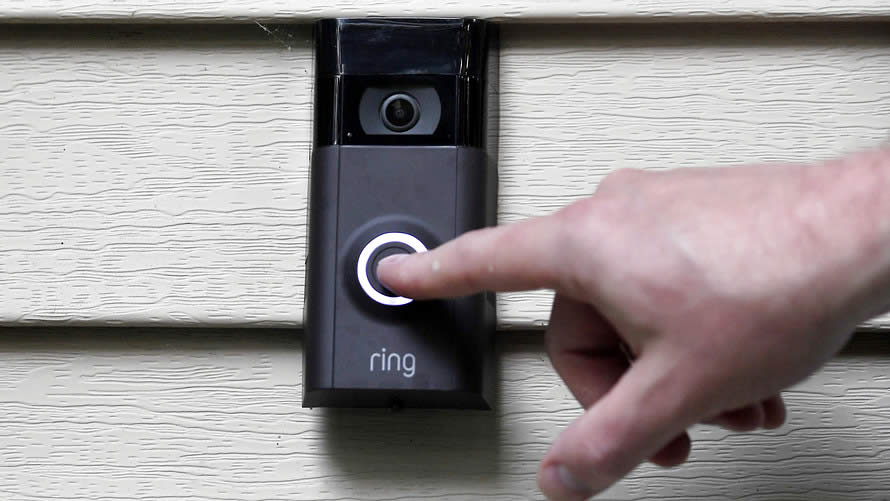How does “Ring Door Bell” make service of process more difficult?

You have to love technology. In some ways, it has enhanced our lives tremendously. The advancements that we have seen — even over the last few years — are things that ten years ago we never thought possible. However, in some ways, advancements in technology have proven to be problematic for process servers. Video home surveillance has been around for decades, but with the changes and improvements to technology, video surveillance can be integrated right into a homeowner’s doorbell and send the video right to the subscriber’s phone — even if they aren’t home. Keep reading to learn how doorbell surveillance, like Ring Doorbell, has made service of process more difficult for servers.
Easier to Avoid
Service of process is not an easy job. Many individuals do not understand why they are being served, the role of a process server, or the fact that being served is their constitutional right. For those who do not want to receive service of process — whether they want to try and sabotage the case by saying they were not properly served or if they are avoiding the situation entirely — video doorbells can be problematic because it gives the person who will be served a heads up. The advance notice eliminates the element of surprise that sometimes is necessary in getting a difficult defendant served. Whether the person decides to hide in the house and not answer the door or they evade service by leaving out a back door when the server arrives, video surveillance doorbells make process service more difficult, and especially so on tough serves.
Danger to Process Servers
While video doorbells, on the surface, do not present a danger to process servers, they do give individuals who have intentions to harm a process server the upper hand. They can see the process server, but the process server cannot see them. On a less nefarious note, if a process server serves an individual without seeing them, and that service is subsequently thrown out in court, it can hurt the process server’s reputation or cost them their job. Many process servers operate independently or as small businesses, and these kinds of issues can hurt their business — and their livelihood.
Blurring The Lines of Proper Service
Another issue that becomes problematic for process servers is that some video doorbells allow for communication between the person at the door (process server) and the owner of the video doorbell (the person to be served). If the person verbally accepts service, how can the process server, or lawyers in court later, prove that the individual accepting the service is really that person? The answer is that they can’t. Furthermore, most state regulations require in-person service. If the person is indisposed and can’t come to the door but instructs the server to leave the documents, would that count as service? Unfortunately, video doorbells open up process servers to a number of liabilities with regard to effectuating proper service.
What’s Next For Process Servers?
How video surveillance doorbells will continue to affect the civil process service industry, legislatively or otherwise, remains to be seen. While there may be some benefits to doorbells like Ring for homeowners, they certainly present some unique challenges for process servers.
If you have any questions or require immediate assistance, please feel free to contact the Direct Legal Support Team.
Thank You,
Direct Legal Support
Customer Support: 800-675-5376
support@directlegal.com
www.directlegal.com
Use Direct Legal for all your legal support needs in California
Process serving, skip tracing, writ levy services, e-filing, foreign deposition subpoena service, court research, mobile copy services and more.
Locations
Resources
Contact
Direct Legal Support
1541 Wilshire Blvd., Ste. 550
Los Angeles, CA 90017
1200 Wilshire Blvd, Suite 408
Los Angeles, CA. 90017
P: 213-483-4900 E: info@directlegal.com

